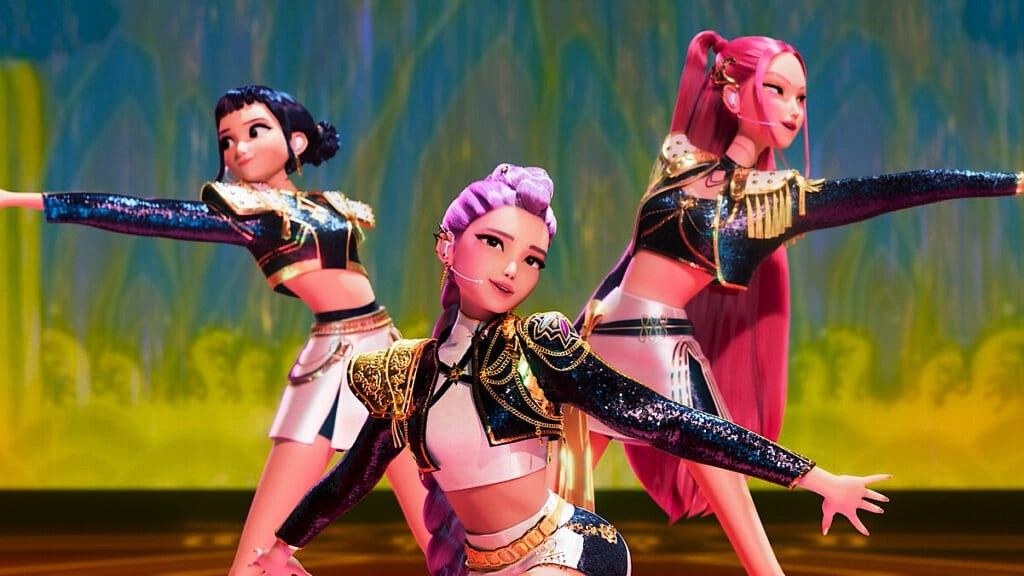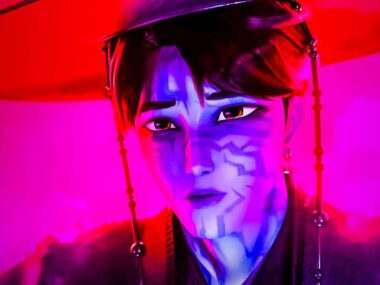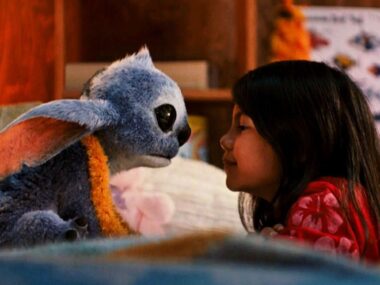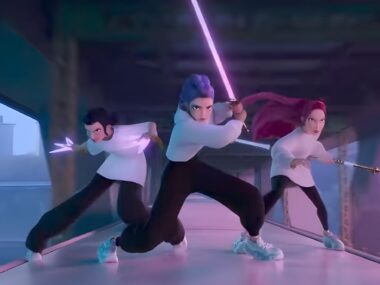The thing that makes the animated film KPop Demon Hunters stand out isn’t just its stylish visuals and killer discography. It’s that it actually feels like it was made by people who get K-pop. You can hear that authenticity in the music, the character designs references that a K-pop fan would appreciate.
Multiple tracks from the soundtrack have gone viral and are climbing Western music charts. One of tracks Golden is now being considered for an Oscar nomination. It’s all the result of the creatives who’ve lived and breathed K-pop, not just the ones who studied it from the outside.
Real K-pop Creators, Real Results
At the heart of KPop Demon Hunters’ musical success is the team of Korean songwriters and producers who brought the soundtrack to life. Billboard and other critics have emphasized this point over and over. Without real K-pop creators, this movie wouldn’t have worked. And it wouldn’t have charted.
Executive music producer Ian Eisendrath made it clear that bringing in legit K-pop talent was essential. Music producer and THEBLACKLABEL founder Teddy Park, songwriters and producers EJAE, Lindgren, Stephen Kirk, Jenna Andrews worked on the soundtrack and have worked with popular K-pop artists like BTS, BLACKPINK, aespa, TWICE and more. Speaking of TWICE, three of the group’s members, Jeongyeon, Jihyo, and Chaeyoung sang a special version of the film’s song Takedown.
Eisendrath credits the music’s emotional resonance and viral appeal to the fact that actual K-pop artists and songwriters shaped every beat and hook. They’re contributions helped elevate the soundtrack with the kind of authenticity that fans immediately recognize.
Soundtrack or Standalone Hits? Why Not Both?
Demon Hunters didn’t treat its soundtrack as just “movie music.” It aimed for genuine pop hits and it landed them. These are songs you could add to your playlist on Spotify without needing the movie as context.
These weren’t one-and-done studio sessions, either. The songwriting process took years. Teams went back and forth across time zones, tweaking lyrics and melodies to fit the film’s emotional arcs, character development, and pacing while still sounding like a real K-pop release. That duality of cinematic storytelling and pop chart energy is rare.
Even the structure of the songs reflected modern K-pop trends, blending English and Korean lyrics in a way that felt seamless. It made the soundtrack feel grounded in Korean culture, but still accessible to global listeners.
Lessons the Industry Should Pay Attention To
Authenticity isn’t optional
Kpop Demon Hunters biggest strength was its deep connection to K-pop’s cultural roots. That means working with people from the culture, not just borrowing the aesthetics. The music industry (and Hollywood more broadly) has a bad habit of treating global genres like dress-up. Demon Hunters avoided that by building real relationships with actual Korean creatives from day one.
Collaboration wins
The film succeeded because it brought together animation, music, and fan culture in a way that didn’t feel forced. Korean songwriters collaborated with Western animators and producers to create something that could resonate everywhere without losing its identity. That kind of cross-sector, cross-border approach is the future. Especially if studios want to reach Gen Z audiences who live online and think globally.
Music needs to matter
Too many musical films tend to treat the soundtrack like an afterthought. But here, the music was the main event. It came from artists who understand how to write a hit. They hit all the right emotional beats and stayed in people’s heads long after the credits rolled.
Cultural specificity makes things universal
This film didn’t flatten Korean culture to make it more “palatable.” It leaned into the very specific quirks of the K-pop industry, though some idols argued that there’s no way they’d be able to balance demon hunting with their schedules. Still, the point is that by being more Korean, the movie became more global.
KPop Demon Hunters proves what a lot of fans have known all along: when studios actually collaborate with the people and cultures they’re depicting, they make better stories. Stories feel fresh and resonate with their audience. The music that doesn’t just fill space but moves people. And fandoms will keep watching, again and again.






